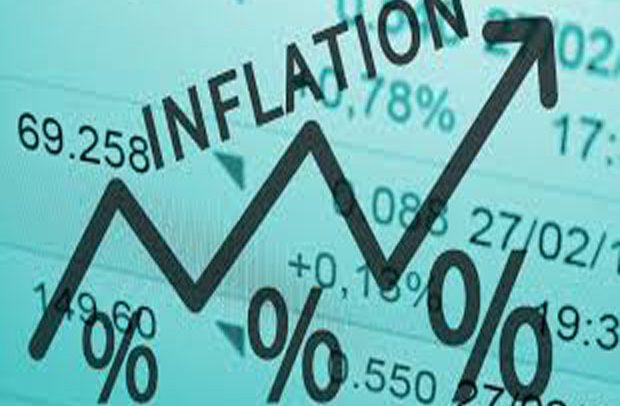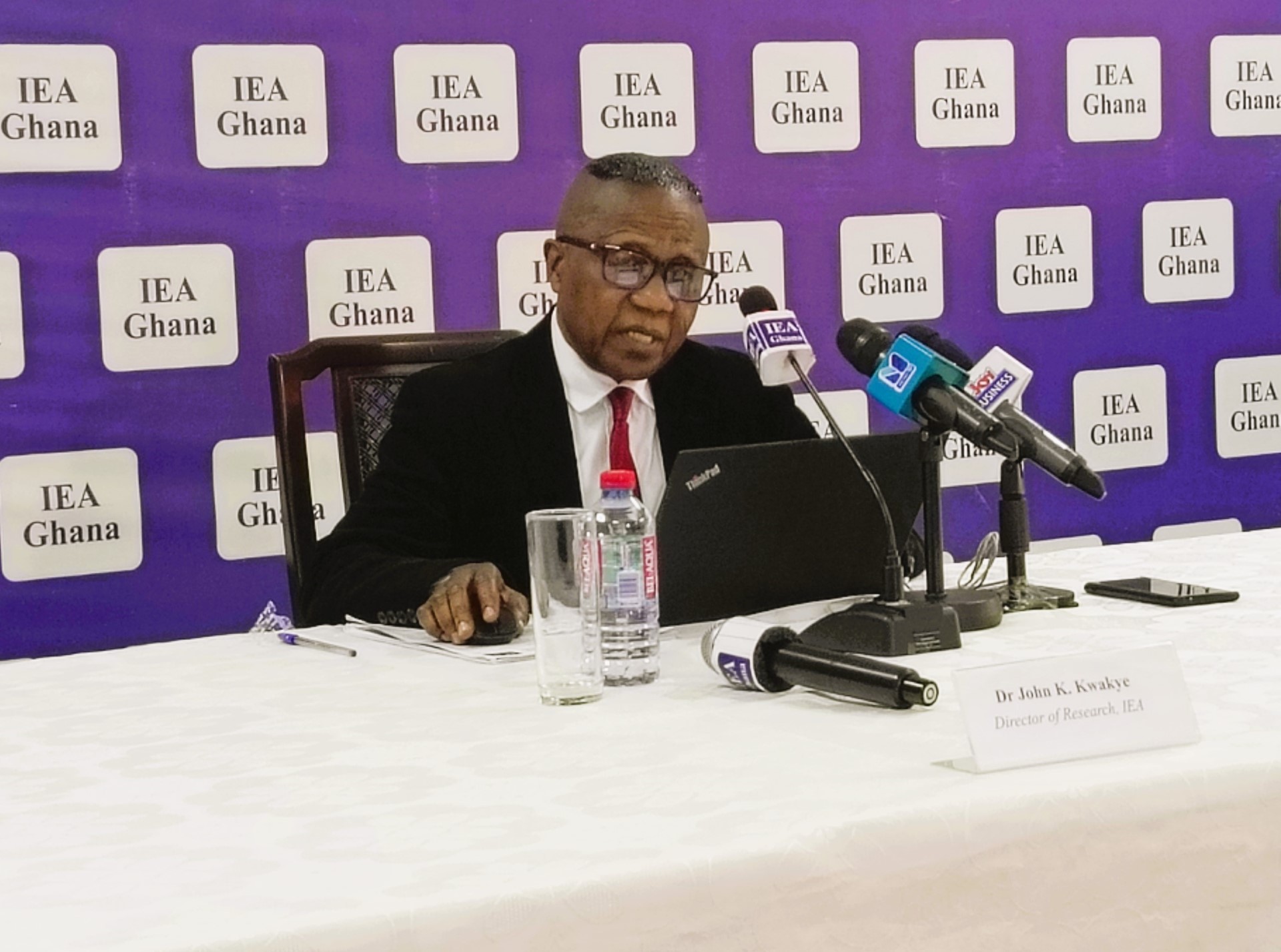
By Joshua Worlasi AMLANU & Ebenezer Chike Adjei NJOKU [email protected]/ [email protected]
Market analysts are cautiously predicting an upswing in the inflation rate for February 2024, fuelled by latest price developments.
The outlook for March 2024 appears even more elevated, attributed to an unfavourable base drift.
Today, Wednesday, March 13, 2024, the Ghana Statistical Services (GSS) is scheduled to unveil the Consumer Price Index (CPI) data for February 2024.
Ahead of the GSS announcement, Apakan Securities, in its monthly market review, cited the potential impact of rising inflation on the central bank’s policy direction, stating: “We believe this will prompt the Bank of Ghana to hold the policy rate in its March Monetary Policy Committee meeting scheduled at the end of the month”.
Despite experiencing a sustained period of disinflation over the last six months, risks to the inflationary curve remain notably high. The unexpected 30-basis-point increase in the January 2024 CPI to 23.5 percent year-on-year has reversed the disinflation trend observed in the second half of the previous year.
Apakan Securities added that the uptick was predominantly driven by the non-food component, with nearly 90 percent of the basket’s subdivisions registering price growth.
In tandem, the Producer Price Index (PPI) witnessed an 80-basis-point increase to 17.4 percent year-on-year in January 2024, primarily influenced by price hikes in inputs from the industrial sector.
Offering insights into the inflation outlook, GCB Capital said: “We reiterate our expectation of further increases in inflation through March 2024 following the surprise 30-basis-point increase in January”.
GCB Capital’s report suggests that inflation could reach levels of 25 percent to 26 percent by March, driven by base effects and looming currency pressures, before returning to the disinflationary path from April 2024.
The anticipated US$300million from the World Bank is expected to aid exchange rate stability in the near term and, perhaps, lead to a drop on yields. Some analysts are convinced that this would ensure that ex-pump petroleum prices would not accelerate rapidly.
At the beginning of March, fuel prices went up by an average of 4.6 percent, resulting in petrol being sold for GH¢12.92 per litre, diesel for GH¢14.32 per litre while LPG moved to GH¢13.57 per kilogramme.
This resulted in the Transport Operators Union and the Concerned Drivers Association of Ghana announcing and implementing a 30 percent increase in transport fares effective March 7, 2024.
This development, coupled with delays in reaching an agreement with Eurobond holders, as well as the ongoing intermittent nationwide power cuts, has led other analysts to anticipate further spikes in inflation beyond March.
The post February inflation seen rising appeared first on The Business & Financial Times.
Read Full Story


















Facebook
Twitter
Pinterest
Instagram
Google+
YouTube
LinkedIn
RSS